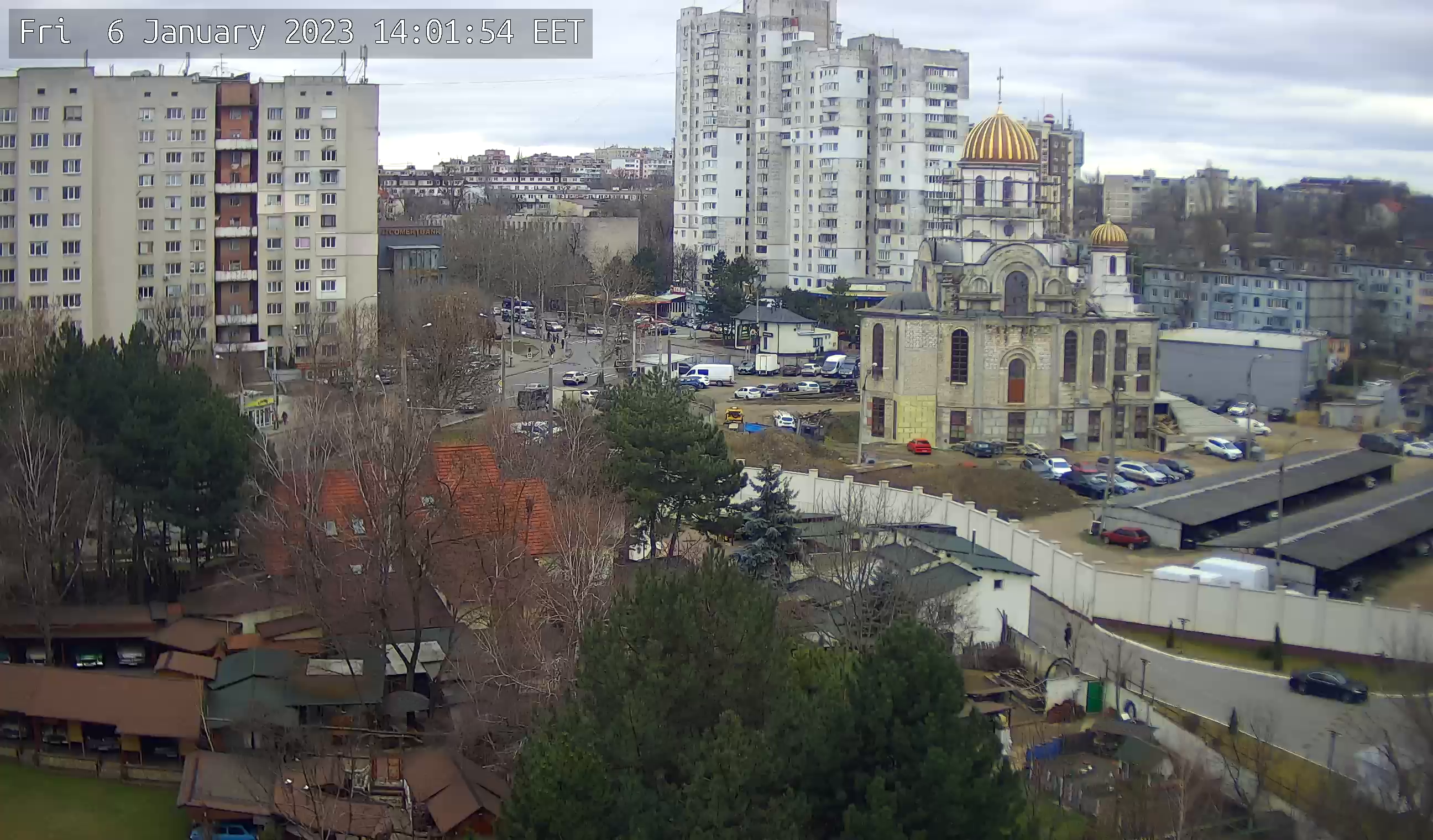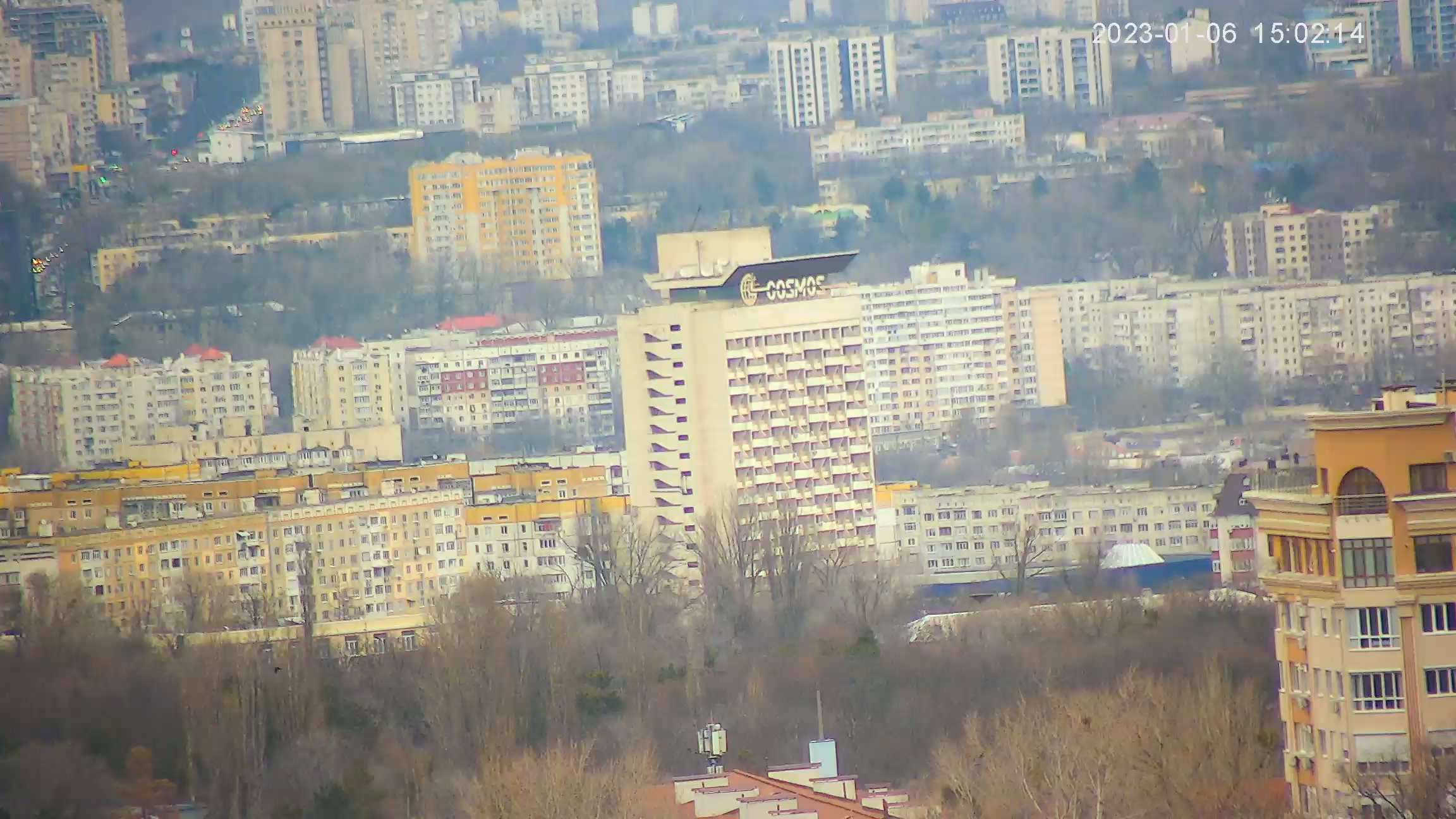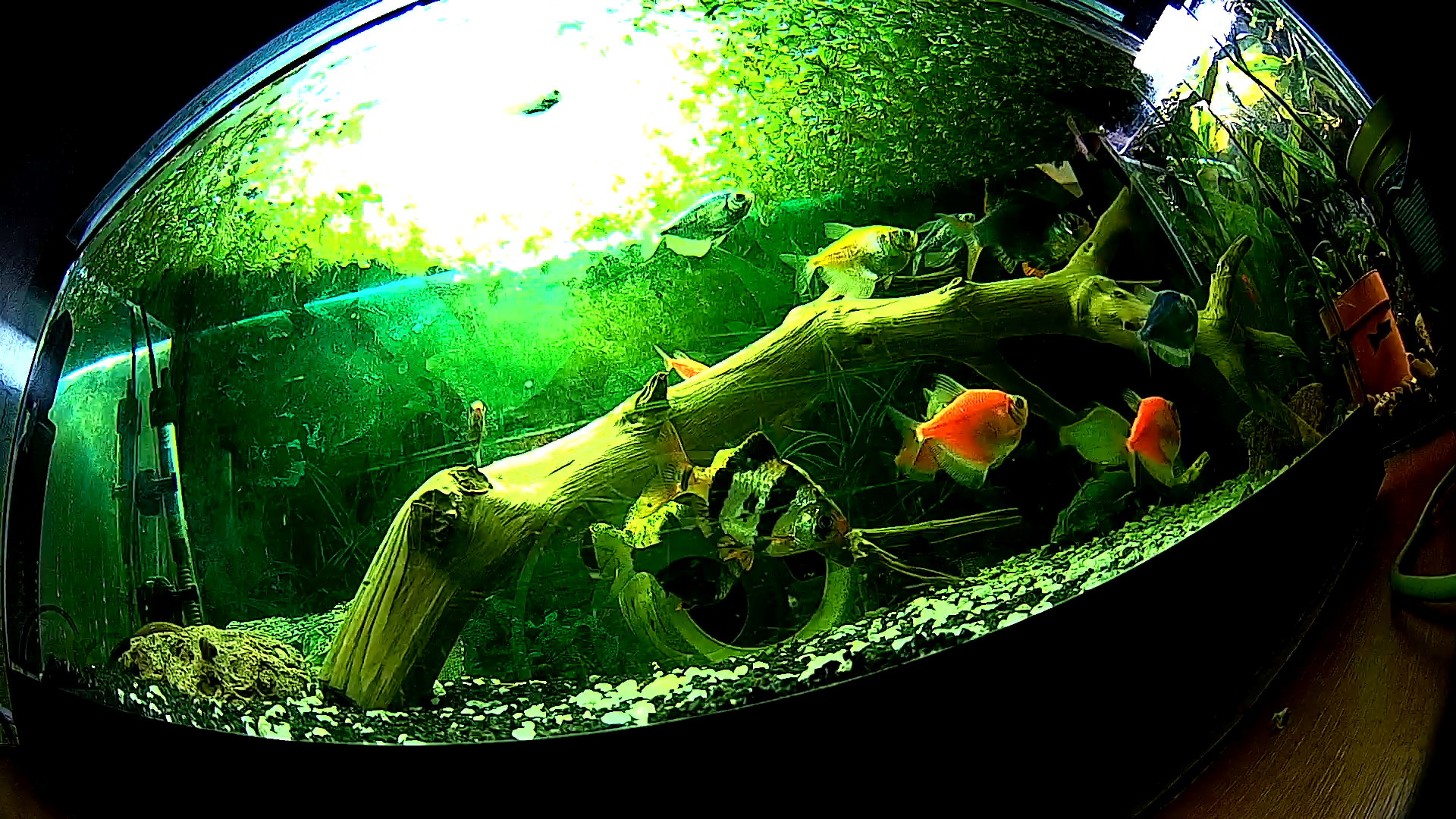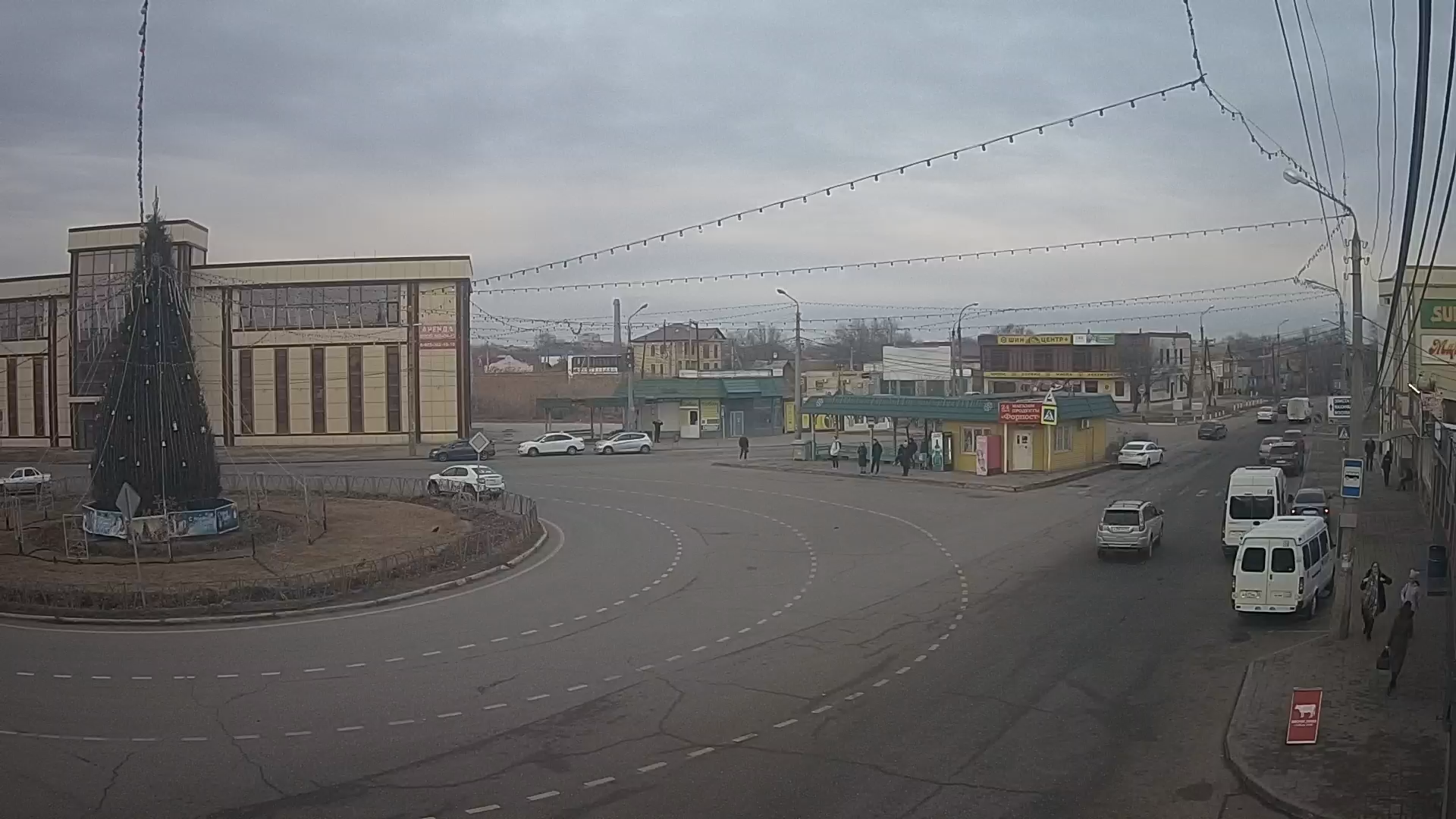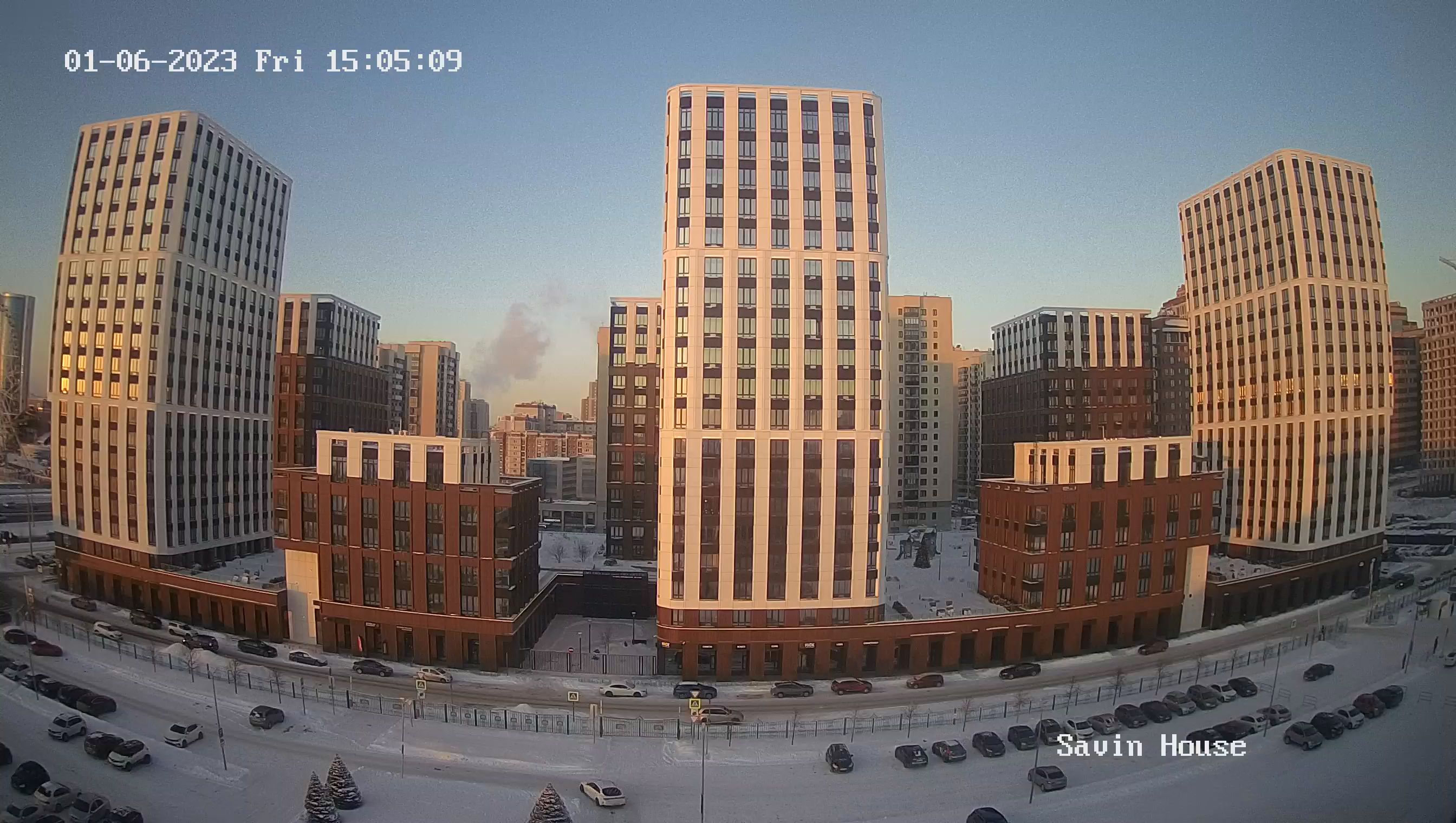Webcam Zavidovici. Panorama
Zavidovići is a town in central Bosnia and Herzegovina, in the Zenica-Dobojski Canton of the Federation of Bosnia and Herzegovina, the administrative center of the municipality of the same name. It lies in the confluence of three rivers: Bosni, Krivaj, and Gostovića. For a long time it is known for the large industrial wood processing plant "Krivaj", for which it has deservedly received the nickname "City of Wood".
As a city Zavidovichy emerged in the late 19th century under the Austro-Hungarian government, which radically improved the local economy by creating here woodworking industry. Imperial and royal power agreed to exploit dense forests with the company "Marpurgo and Parente", which in 1887 built a forest gravity railroad in the valley of the Gostovich River and built a sawmill in Zavidovichi in 1897.
In 1899 the sawmill was bought from Marpurgo and Parente by Gregerson and Sons, who built a railroad branch line along the Krivai River.
In 1900 the narrow-gauge railway along the Krivai River was completed, and the firm "Eissler & Ortlieb" built in Zavidovichi the most modern sawmill in Europe. In 1902, this firm applied to the provincial government in Sarajevo for the establishment of Zavidovici municipality, and in 1911, after a long procedure, it was created. At that time, the municipality had about 3,800 inhabitants and expressed the basic features of the urban environment.
After World War II, founded in 1884, the company, named after the River Krivaya, expanded. The company focused on furniture production, it began exporting to the United States under the name Krivaja Beechbrook. Through the war in Bosnia, the former giant and the town were left with almost nothing. During that war, quite a few residents of this once multiethnic town, who were Serbs and Croats by nationality, left their homes, and after the war few returned to their homes. Now this town is predominantly inhabited by Bosnians.
On April 6, 2009, the first wooden pedestrian bridge was inaugurated in Zavidovici, which was named "Rainbow" and connected the bus station with the city center across the Bosna River, but in May 2014, the bridge was torn down due to flooding that affected Bosnia and Herzegovina as well.

